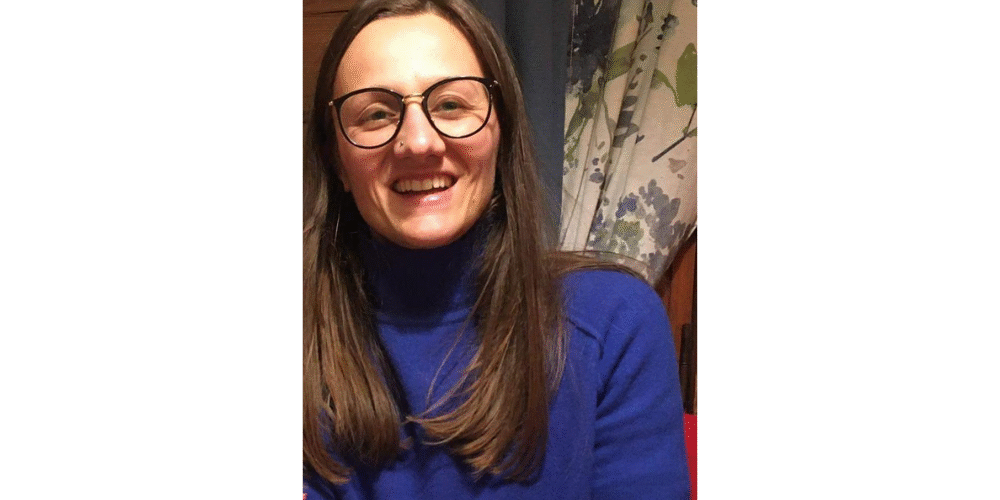
By Ania Noworyta, Assistant director of Services at LDN London (Pictured)
Every so often, I take a step back from the busyness of meetings, strategy documents, and service reviews to reflect on why I do this work—and why it matters so deeply.
At its heart, our charity exists because people with learning disabilities deserve not just support, but opportunity, respect, and the right to live on their own terms.
I want to share a story about a person who changed the way I think about supporting people: Caroline.
My first experience supporting someone with a learning disability came just after I completed my social care degree and started working at LDN London.
When I first met Caroline, she was already carrying more labels than anyone should. People around her often described her as ‘challenging’, as though that word could capture the entirety of her life, her hopes, her humour or her personality. It struck me that before anyone saw Caroline, they saw a label.
But the Caroline I got to know was different. She was vibrant, witty, and full of curiosity about the world. She had a cheeky sense of humour and a love for colour: her clothes, her home, the way she talked, all carried this brightness. Like anyone, she had frustrations and struggles, but reducing her to ‘challenging’ meant missing all the things that made her Caroline.
“True support isn’t about doing things for someone. It’s about standing beside them. It’s about believing in what’s possible for each individual, no matter how others might define them.”
What made a difference in our relationship was listening. Really listening. In those first months, I focused less on support plans and more on getting to know her. I heard about what mattered to Caroline, what her dreams were, what she wanted for her future. Bit by bit, trust began to grow. She started to share things she wanted to achieve, and together we worked out how to make them happen.
Over time, Caroline achieved some remarkable milestones. She moved into her own flat in central London and lived independently there for years. She rebuilt relationships with her family that had once felt out of reach.
She went on holiday with fewer staff than before—something she was proud of—and enjoyed every moment. She began attending activities she chose and managing her emotions more confidently.Perhaps most importantly, she found her own voice. Caroline learned to explain what mattered to her without anger, to make herself heard on her own terms.
One memory that has always stayed with me is when a member of the public stopped us in the street. He assumed I must be Caroline’s daughter because of the warmth and respect in the way we spoke. When we explained I was her support worker, he looked surprised. ‘Only’ a support worker, he said. (The term support worker too can be a label). For me, that moment summed up what person-centred support can be: a relationship built on mutual respect, where labels fall away and the people behind them shine through.
Caroline taught me important lessons: True support isn’t about doing things for someone. It’s about standing beside them. It’s about believing in what’s possible for each individual, no matter how others might define them.
It’s about refusing to let society’s labels be louder than the person’s own voice.